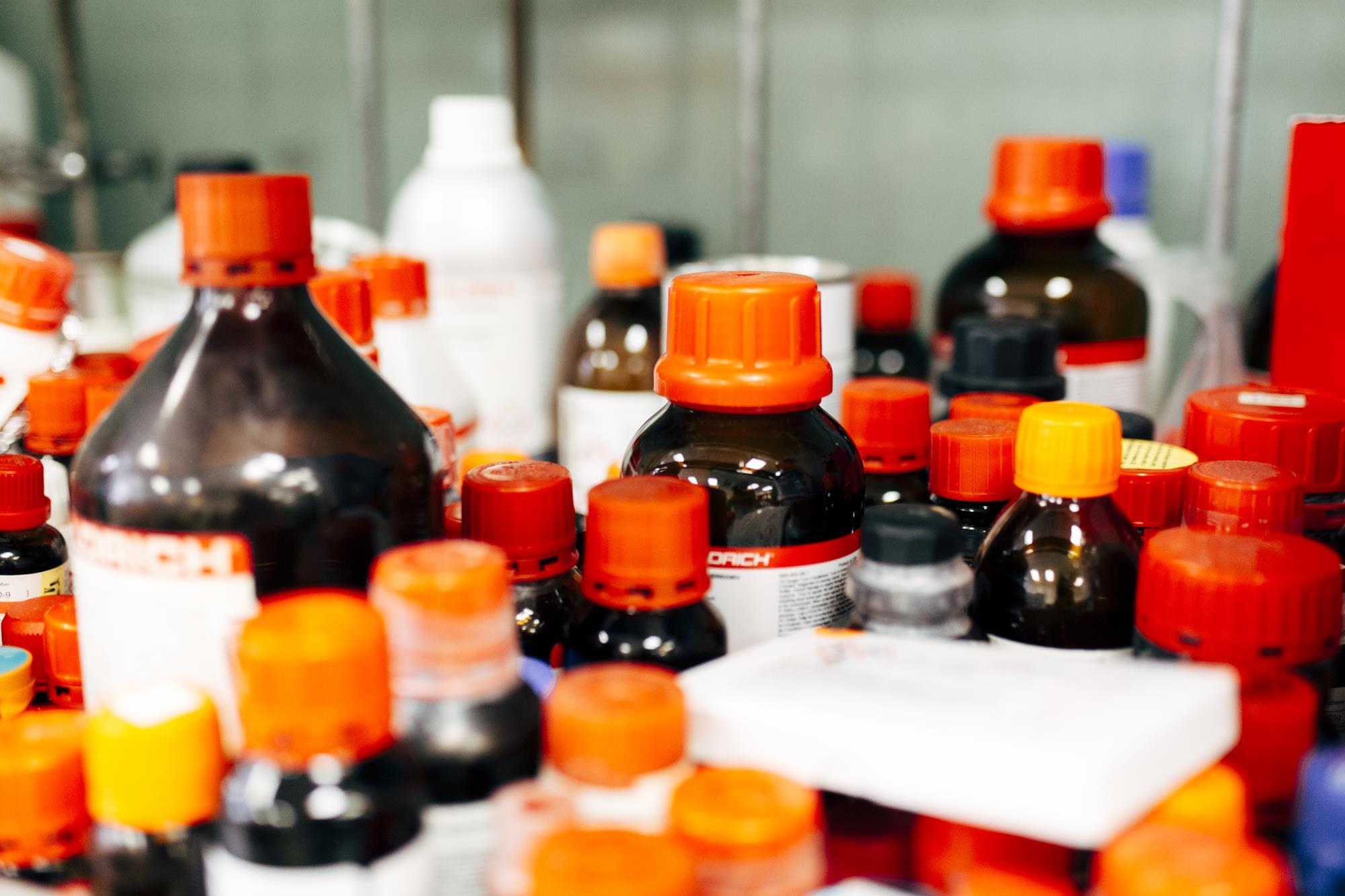In our quest for cleanliness and hygiene, we often rely on various cleaning chemicals to keep our homes, offices, and public spaces spotless. However, have you ever wondered if these cleaning chemicals can cause allergies? In this blog post, we will delve into the potential risks associated with cleaning chemicals and their role in triggering allergies. We will explore the different types of allergies that can be caused by cleaning chemicals, the specific chemicals to watch out for, and provide practical tips on how to minimize the risks.
- Understanding Allergies:
To comprehend the connection between cleaning chemicals and allergies, it is crucial to understand what allergies are. Allergies are the body's immune system overreacting to substances it perceives as harmful, known as allergens. These allergens can be found in various forms, including pollen, dust mites, pet dander, and yes, even cleaning chemicals. - Types of Allergies Caused by Cleaning Chemicals:
Cleaning chemicals can potentially trigger different types of allergies, including:
- Respiratory Allergies: Inhalation of cleaning chemical fumes or particles can irritate the respiratory system, leading to symptoms such as coughing, wheezing, and shortness of breath.
- Skin Allergies: Direct contact with certain cleaning chemicals can cause skin irritation, redness, itching, and even dermatitis.
- Eye Allergies: Exposure to cleaning chemicals can result in eye irritation, redness, watering, and itching.
- Common Cleaning Chemicals to Watch Out For:
Certain cleaning chemicals are more likely to cause allergies than others. It is important to be aware of these chemicals and their potential risks. Some common culprits include:
- Bleach: While effective in killing germs, bleach fumes can irritate the respiratory system and trigger allergies.
- Ammonia: Found in many glass cleaners, ammonia can cause respiratory and eye allergies.
- Fragrances: Synthetic fragrances added to cleaning products can be a source of skin and respiratory allergies for some individuals.
- Minimizing the Risks:
To minimize the risks of allergies caused by cleaning chemicals, consider the following tips:
- Read Labels: Always read the labels of cleaning products and avoid those containing known allergens or irritants.
- Ventilation: Ensure proper ventilation when using cleaning chemicals to reduce exposure to fumes.
- Protective Measures: Wear gloves, masks, and protective clothing when handling cleaning chemicals to minimize direct contact.
- Natural Alternatives: Consider using natural cleaning alternatives, such as vinegar, baking soda, or lemon juice, which are less likely to cause allergies.
Conclusion:
While cleaning chemicals play a vital role in maintaining cleanliness, it is essential to be aware of their potential to trigger allergies. By understanding the types of allergies caused by cleaning chemicals, recognizing the specific chemicals to watch out for, and implementing practical measures to minimize risks, we can create a safer and healthier environment for ourselves and our loved ones.

